The importance of a healthy lifestyle on the quality of your sleep cannot be emphasized enough. If your weight is contributing to the severity of your obstructive sleep apnea losing as little as 10% of your current body weight can reduce your sleep apnea or even resolve it completely. Today, the team at Common Sleep will discuss how losing weight can help you to achieve better, more restful sleep.
What Is Obstructive Sleep Apnea?
When you are asleep the muscles in your body relax, this includes the muscles in your airway. If you have excess tissue in your airway or larger muscles such as your tongue, this could lead to a narrowing of the airway. The smaller the airway gets, the more likely it is to collapse, resulting in what is called Obstructive Sleep Apnea (OSA). These brief pauses in your breathing can cause drops in your oxygen level; causing your brain to wake you out of sleep to get a breath.
The frequent disruptions to your sleep can lead you to feel tired or fatigued during the day. Also, sleep fragmentation along with the repetitive drops in your oxygen levels during the night can lead to an increased chance of cardiovascular issues such as high blood pressure, heart disease, congestive heart failure or even stroke.
How Your Weight Contributes to Sleep Apnea
Over half of the people who suffer from obstructive sleep apnea are overweight or obese. Fatty tissue in the neck area and excess weight in the abdomen and chest areas are major contributors to the severity of OSA. Studies have shown that weight loss causes significant improvements in the symptoms of obstructive sleep apnea.
One of the most difficult aspects of OSA is that a lack of sleep can actually cause you to gain more weight. Sleep deprivation has been found to cause changes to the hormones that control and regulate hunger. The hormone leptin is key to the body’s ability to suppress appetite and expend energy. Those who are unable to sleep because of OSA often have reduced leptin levels, which can lead to weight gain. This sleep deprivation/weight loss is a vicious cycle that many people struggle with.
What Can You Do?
If you suspect that you suffer from OSA, contact Common Sleep to perform an in-home or in-lab sleep study. Our team of board-certified sleep physicians can determine if you are getting the restful sleep that your body needs. With great sleep, you will have the energy and hormone balance to begin your path to weight loss. Get in touch with the Common Sleep team today to learn more.


